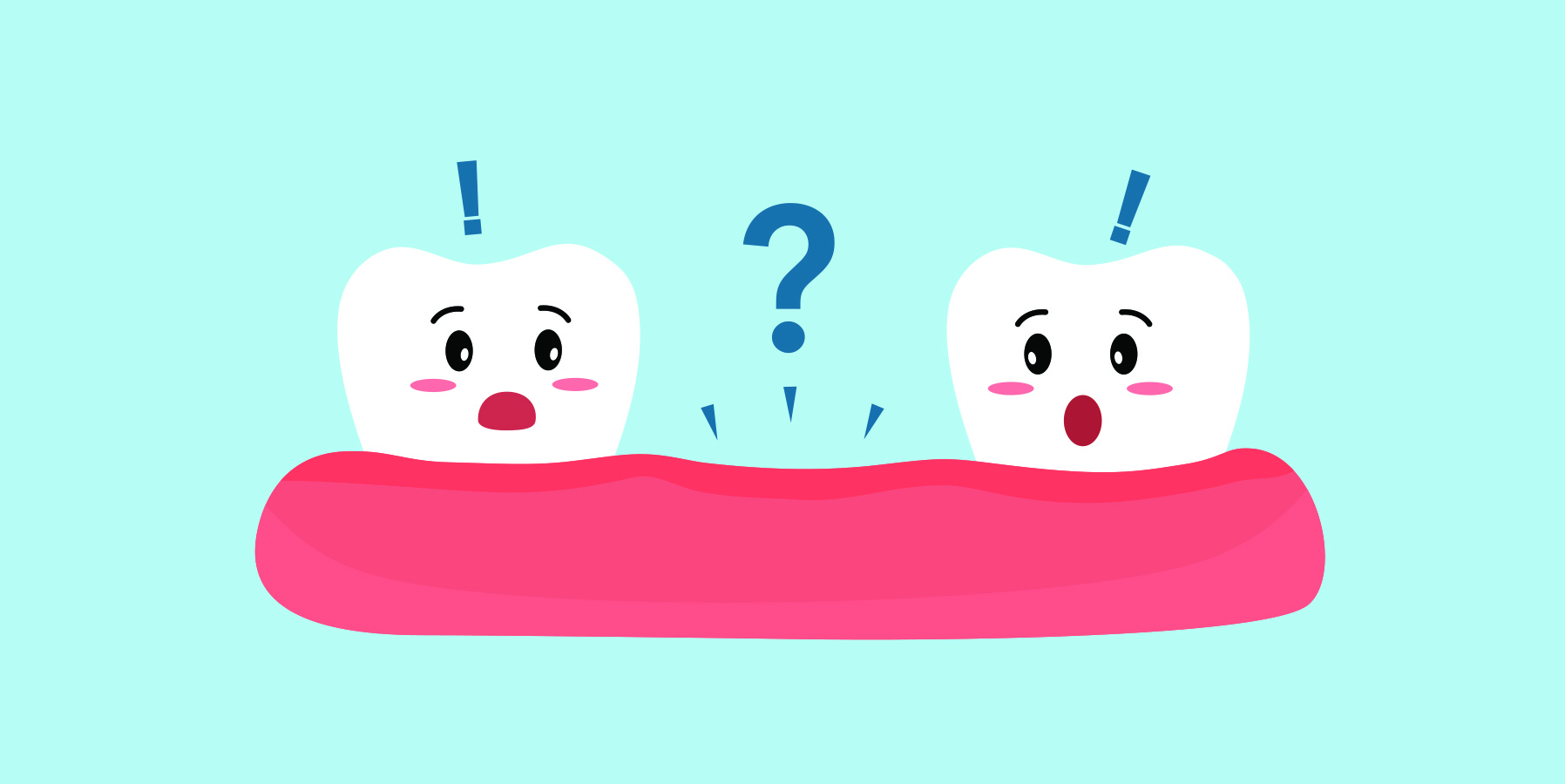
By Dr. Christian Yaste, Ballantyne Dentistry
A common question we get in our dental practice is: “What is the best way to replace my missing tooth?”
In a previous article, I discussed how missing teeth can affect not only your self-esteem and confidence, but also your general overall health, comfort in chewing, ability to speak properly and other facets of your life.
Decades ago, there were only a few options for people with missing teeth. Today, there are so many ways to replace teeth that navigating those options can be confusing and frustrating. In this article, I will try to make wading through the choices you have for replacing missing teeth just a little less complicated.
The best place to start is by deciding which of the two categories you are most interested in.
- Having a tooth or teeth replacement that is removable by you.
- Having a tooth or teeth replacement that is not removable or is considered “fixed.”
Examples of removable teeth are dentures, partial dentures, and certain types of temporary appliances. These can all be removed quite easily by you at home and often will need adhesives or clasps to hold them in place. Removable teeth options are generally less costly but have more limited life expectancies and are less comfortable to wear and eat with. If you decide that a removable option might be more appealing based on affordability, be prepared to live with some of the limitations that come with these options. Removable teeth often can provide a quick solution to a cosmetic catastrophe like if you lose a front tooth. However, ultimately the removable options don’t check all the boxes as well as teeth that are fixed.
Fixed teeth are commonly preferred to removable options by most people. The majority of my patients prefer having fixed options because they feel more like real teeth and can be taken care of and maintained more like their natural teeth. However, fixed teeth options like dental bridges and dental implants can cost more than removable appliances. Fixed teeth are considered in dentistry to be the “standard of care”. This means that fixed teeth are the best option for most healthy people if you don’t consider the cost or the time associated with these procedures. Of the fixed options, dental implants are quickly becoming the preferred choice by patients and dentists. Dental implants can replace a missing tooth or teeth and provide a cosmetic and functional solution. In addition, dental implants prevent bone loss around the missing tooth which no other option provides. Because dental implants most closely resemble the design of a natural tooth, have the most predictable long-term success, and are easiest for patients to maintain, they have become widely recommended and accepted within the dental community.
If it sounds like replacing your tooth with a dental implant is the best option for you, then there are a few things to consider before making your final decision. Dental implants might sound like the perfect solution, but not everyone is a perfect candidate for them.
Individuals with uncontrolled diabetes or people who use nicotine products regularly have a higher risk of complications when it comes to dental implants. Diabetes and nicotine-use reduce the size of blood vessels in the jaws which can slow the healing time around a dental implant. This reduced healing time can lead to the body rejecting the implant or infection forming around it. Other risk factors for dental implants include certain medications, a history of head or neck radiation from cancer treatment, low vitamin D levels, and chronic gum infections.
So, are dental implants right for you? It really all depends. If you are wondering if you are a candidate to replace your missing teeth with dental implants there is an easy way to find out. Schedule a consultation with your dentist. With as little as a digital x-ray of your jaws, a quick examination, and a review of your medical history, the dentist can tell you whether dental implants would be the right choice.
For more information visit https://ballantynedentistry.com/dr-christian-yaste/.



